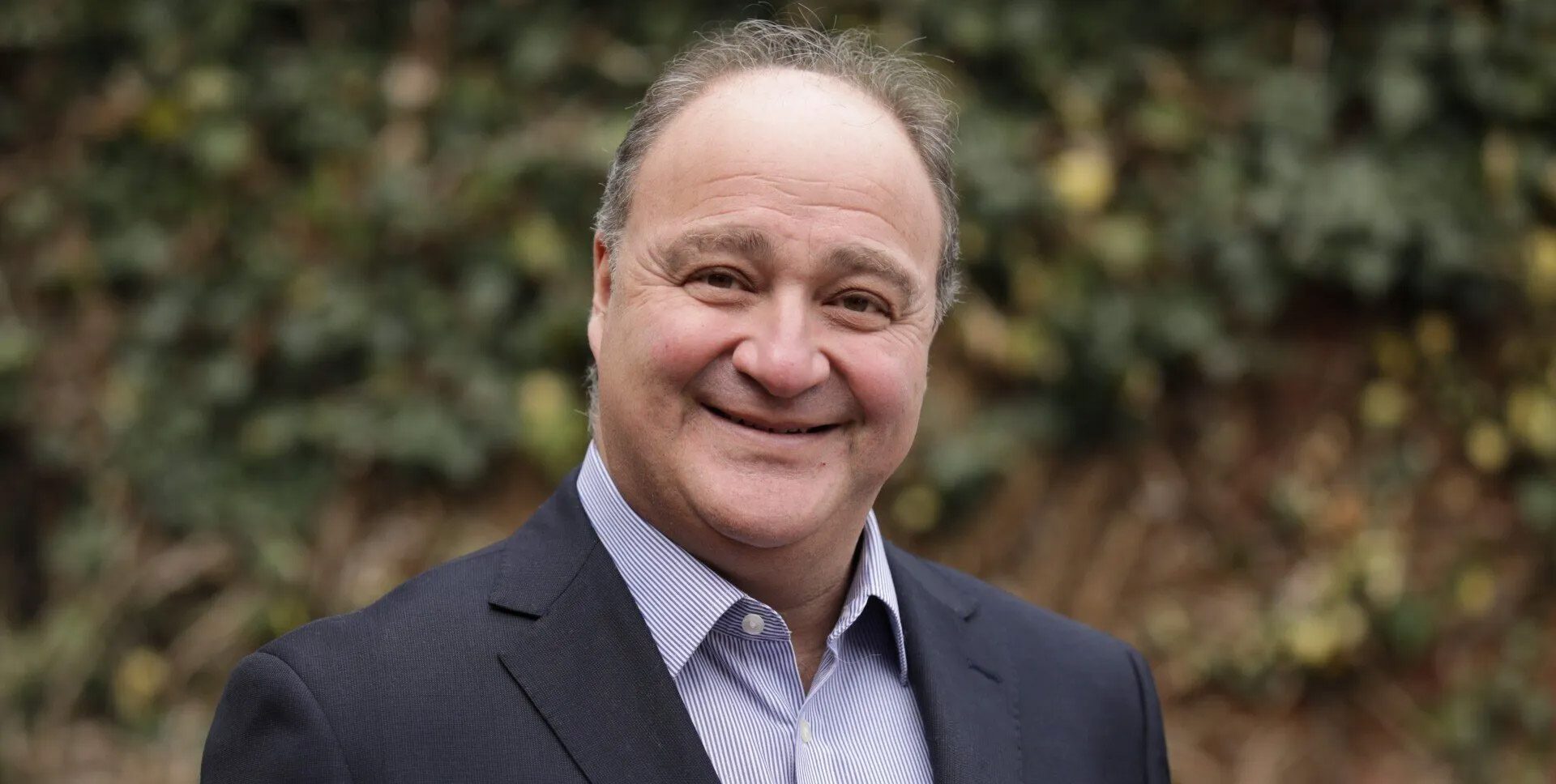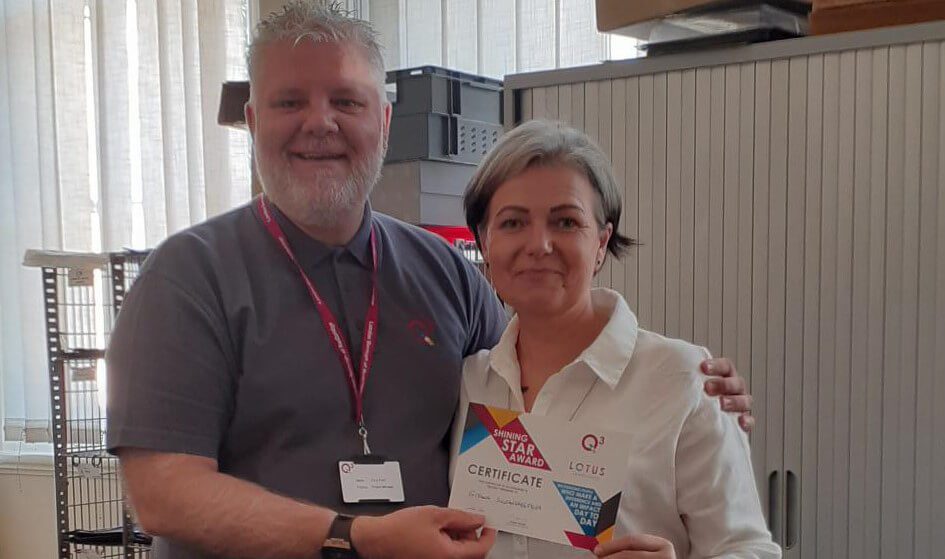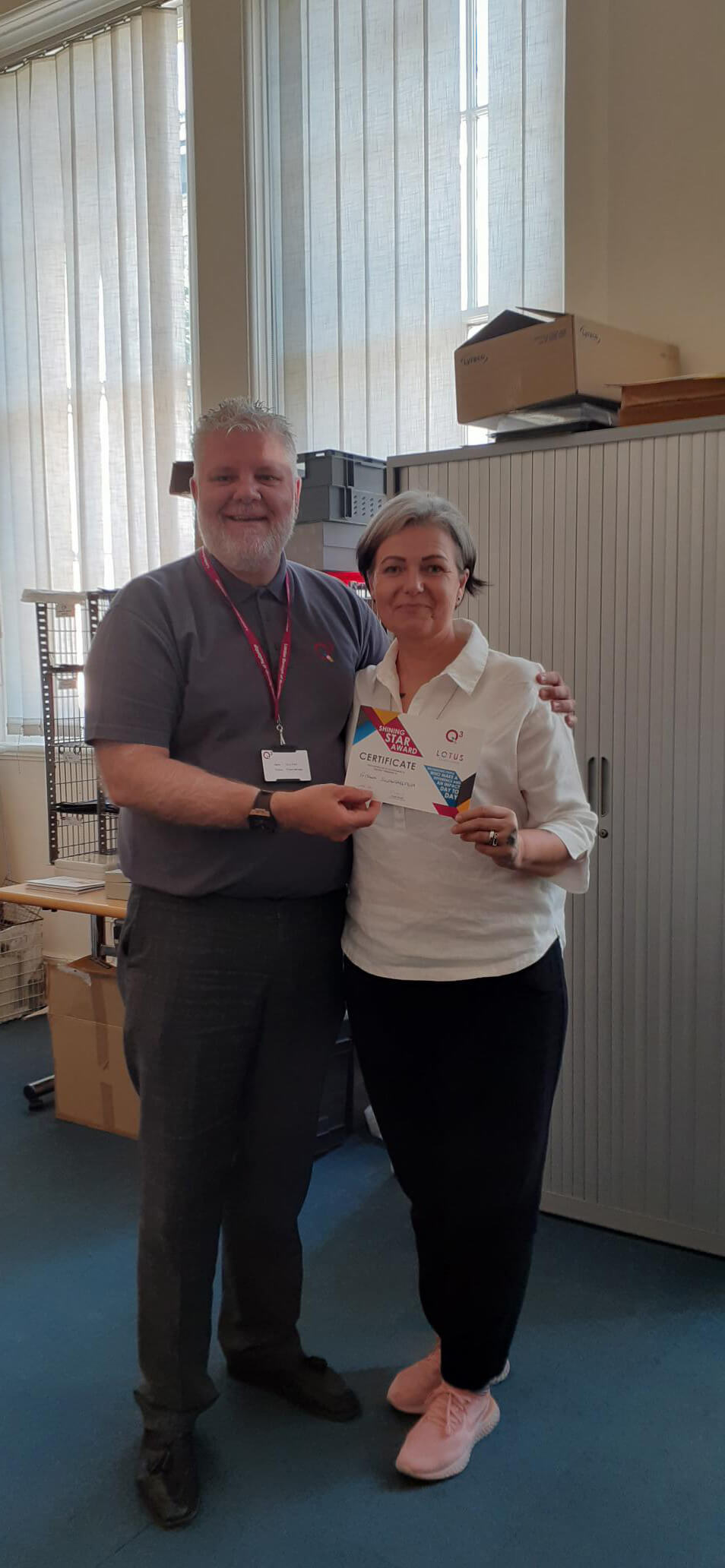CEO Martyn Freeman muses whether big is always best when clients select a service provider

The trend towards BIG FM continues apace in the UK, driven by market consolidation. It’s involved some big and famous names, including Interserve’s acquisition by Mitie in 2020 and Atlas FM acquiring Salisbury Group earlier this year. And, like some Disney cartoon of big fish being swallowed by even bigger fish, Atalian acquired Servest (2018) and Incentive (2022), before very recently being gobbled up together with OCS, by Clayton, Dubilier and Rice. In the FM space, so often criticised for its race to the bottom mentality, it now seems the race is to see who can grow biggest, fastest.
It’s natural to want to grow a business and for a public company there are undoubted rewards to being a strong, market leader. Unfortunately, this generates endless pressure to deliver growth because directors must create shareholder value to survive. There are a number of ways to generate that shareholder value: by increasing turnover (organic growth), improving margin (efficiency and productivity), or increasingly, through mergers and acquisition (M&A) because the first two have become much tougher to achieve.
M&A offers the benefit of instantly increasing turnover and market share as well as providing short-term, cost reduction opportunities. However, consolidation in a mature market can often be a symptom of the existence of underlying issues. Acquisitions can buy time, create some breathing space to resolve problems and provide the illusion of progress. In private companies there is also this desire to grow, and although the motivations are slightly different, the same options apply in terms of how to get there.
M&A is attractive right now because, if you are a big FM organisation chasing organic growth in today’s market, you face a big challenge. The FM market in the UK is estimated to be in the region of £60bn and growing steadily if you believe predictions. Yet, when I look at the tenders coming through, I see very little new to the market, outsourcing business. I can’t remember the last time an in-house service delivery team TUPE transferred to a contractor. And the impact of the pandemic has meant that companies are shrinking their office portfolios, with sectors like retail and hospitality experiencing severe cutback and closures. So, the big players are chasing market share in a fairly static, mature market which makes it difficult for them to achieve growth without compromising margin.
As a big FM company develops, the new business focus gravitates towards a certain type of big client – those operating multiple buildings in multiple locations or across several countries. Big FM companies have evolved their growth strategy by focusing on big ticket, high value opportunities and playing on the international or global stage, delivering a comprehensive range of integrated services in a one-stop shop. Certain FM players such as Mitie, Sodexo, Compass and ISS and even the property specialists CBRE and JLL, all do this extremely well and have aligned their offer to meet the complex needs of these clients and their large portfolios.
Why? You only have to look at the maths. Take for example, a medium-sized FM company with a £1bn turnover, which is looking to grow by 10%. Assuming a win rate of one-in-four, they would have to quote £400m of work to secure the necessary £100m they need. Of course, there will be attrition across their existing contracts, so actually, to grow 10% they may have to quote £600m or more to achieve their goal. These are big numbers, and they aren’t going to realise their ambitions by quoting dozens of small value contracts because they simply don’t have the resource to manage it. Big company overheads, keen pricing and smaller margins, also make the smaller contracts less viable. So, the bigger the company grows, the hungrier it gets, reinforcing the need for more big wins to stay big.
For these super players, the Pareto principle applies, whereby 80% of their business ends up coming from 20% of their clients and retaining and extending these valuable contracts occupies everyone’s working hours. Conversely, it presents a challenge for the organisation to manage the remaining 80% and provide the same attention and service quality as for the key clients. Sadly, they can’t succeed at both ends of the spectrum and my experience is that the bigger and more important the contracts become to the P&L, the greater the fallout at the small-end client level.
When FM companies reach this scale, it’s fair to say that they can often struggle to understand or satisfy the needs of a client with a smaller portfolio, or even a single building. They become a bit too rigid and inflexible in their approach, to adapt to the specific, and sometimes idiosyncratic needs of the smaller client. On the large contracts, a client-side manager is sitting somewhere in charge, reviewing massive data from the contractor incorporating facts, figures and trends, against various SLAs and KPIs. The client with the more modest portfolio doesn’t crave this sophisticated visibility, or data for data’s sake. They are looking simply for the ability to build strong working relationship with a high level of personal communication and work with a team that is flexible, adaptable and actually delivers.
This is a sector of the market where SME providers like Q3 are now able to demonstrate their value to clients and actually enjoy a competitive advantage over the bigger players. Indeed, while the larger companies have been seeking growth amongst larger contracts and internationally, where SMEs have zero chance of competing, they have been losing market share to the smaller players in their own back yard.
I believe that this hierarchical arrangement is now an established part of the evolution of the FM industry in the UK, where big will look after big and small look after small. A situation of horses for courses.
This situation is dynamic of course. If an SME continues to be successful in the £1m-£5m contract range, it will soon reach a level of scale where it too must figure out how to continue its upward trajectory without losing the inherent flexibility and personal level of customer care that brought its success in the first place. I was recently confronted by this conundrum by a prospective client when pitching for their business, when they asked directly, “When does a boutique FM company stop being boutique?”
It’s a good question and we recognise that there is a dilemma. At Q3, we address this by striving to grow a sustainable business, both through our financial model and our corporate values. The values though, are far more important than the financial results. So, each day we continue to remind ourselves what our core values are and how to live them. That way, as we grow, they are embedded in everything we do and right across all our teams. This is the number one item on the Board agenda as well as the business units’ agendas. We’re even looking to appoint a values ambassador to promote and instil the values into our existing teams and new contract start-ups.

 Channel Islands
Channel Islands


